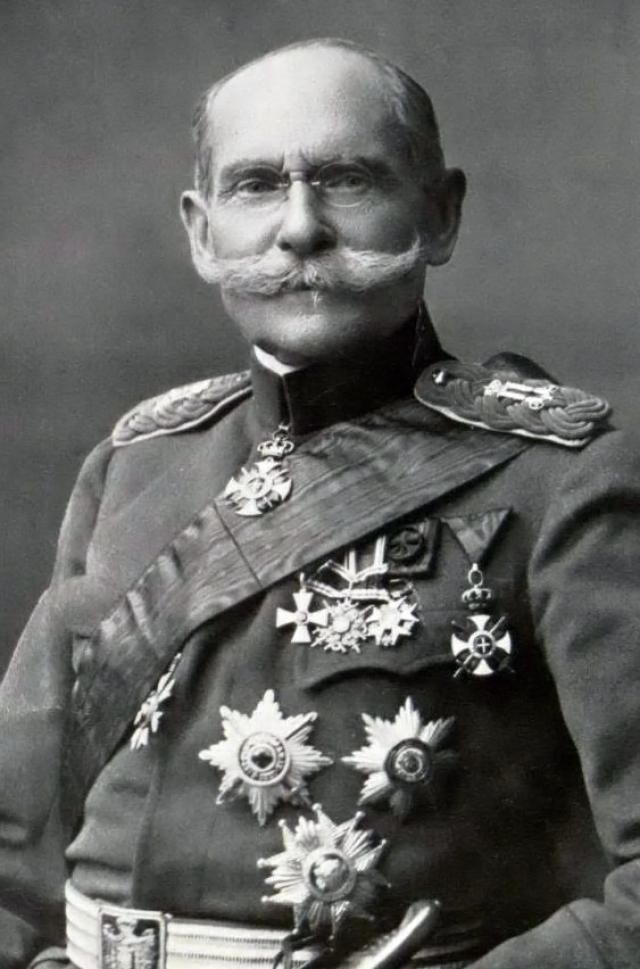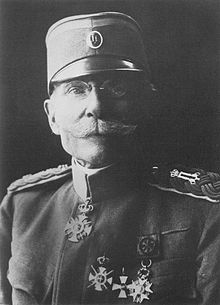"Serb" most probably meant 'kinsman' in proto-Slavic.
Most probable `Serb` coming from the word (verb) such is `to collect` (in Serbian- `sakupljati`, `sabirati`). In Ukrainian language its `zbirati` [what because of that `z` reminds me of Russian Empress Catharine the Great who was of Lusatian Serbian origin, originally was Princess of Anhalt-Zerbst]. Then also in Polish `zbierać`. In Russian `sobirat`. In Czech `sbirat`. Etc. Lingustic stance is that speaking about meaning of Serbian ethnic name ultimately we coming to the `great mass of people` that was comprehend as one, united, around something. Explanations goes from things such are `united effort in collecting the food` to the `unity in defense/war campaign`.
But, if we follow logic of Serbian language (not sure for Polish on this one), `kinsmen` would be in connection to Serbian word `rod/rodjak, rasa` (cousin, race) that refers to `kinship` in same tribal and even racial origin. But, later more on this. Topic is very interesting.
In any case, attempting to understand meaning if ethnic name of Serbs we would learn much about Sarmatian name that in its original (native given) form was based on `Serb` name. In that sense think of local variations of Sarmatian name (that is foreign given form) within realm of our ancients > Serbja, Serby, Srbi, .... Then, we have variation preserved in the name of Siberia in Russia or even Sorbona in France (this example forcing me to think that maybe `Sorb` form existed within realm of the ancients as one of native forms (in some region) but, later, after assimilation and destruction of natives that form turned to be, by invaders, also assimilated and used to designate rest of Serbs/ie Sarmatians).


